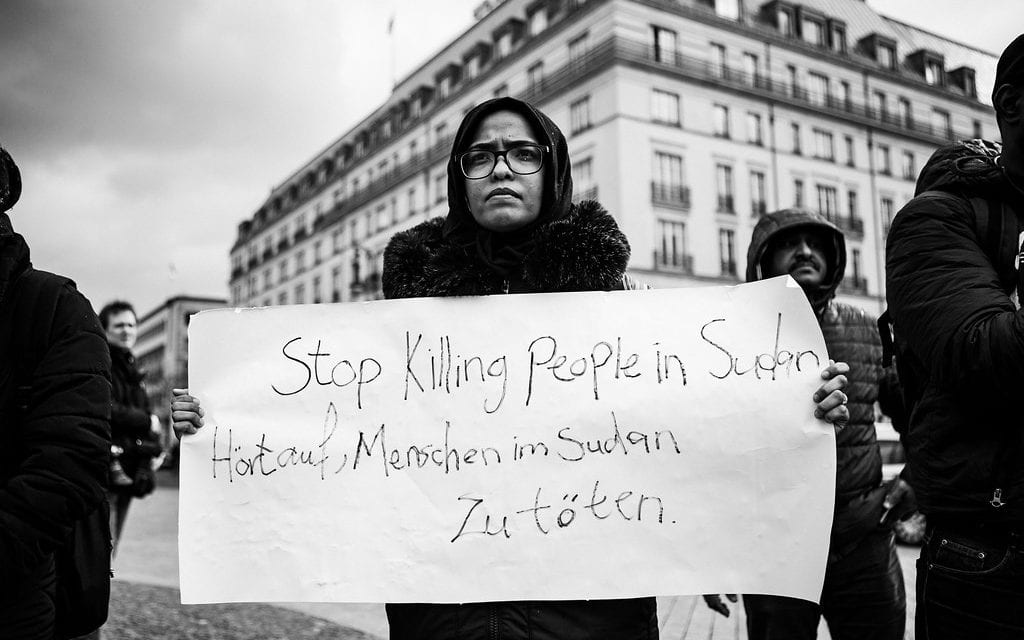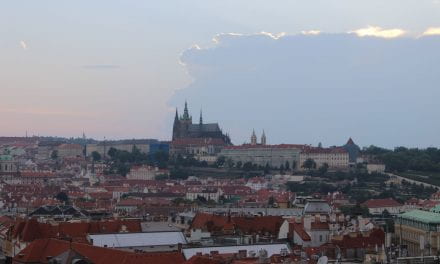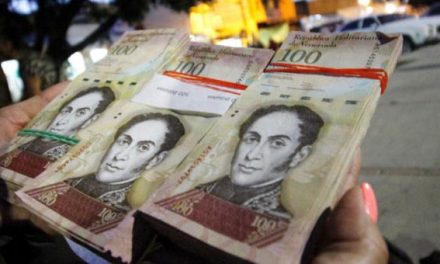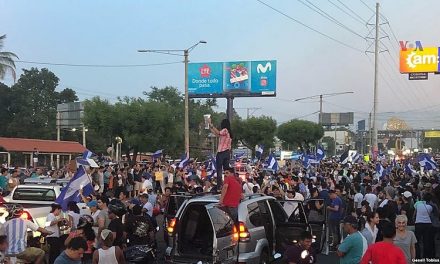In June 2019 one may have noticed a number of social media profile pictures being changed to a specific shade of blue. This was in response to a massacre perpetrated by a Sudanese paramilitary troop in the nation’s capital, Khartoum, on the Forces for Freedom and Change, a group engaged in a sit-in protest opposing the military rule after the ousting of the nation’s dictator. The attack killed up to 100 protesters and injured an estimated 700 more [1]. While this event was heinous, this type of violence is not new to Sudan. It also highlights a bigger problem in the international community, in which countries who embody “Western values” are unwilling or unable to uphold those values past words, unlike their counterparts who are willing to quickly and decisively intervene. The West’s reluctancy to use hard power in intervention results in the current world regime they worked to establish being unable to prevent the atrocities it was designed to.
The recently ousted president, Omar Hassan al-Bashir, was responsible for the planning and executing of a mass genocide that killed millions of innocent people which began in 2003 in Darfur. This even resulted in the International Criminal Court (ICC) attempting to arrest him. [2]. However, Bashir maintained his office until April 11, 2019, when he was overthrown by the military, putting an end to his 30-year rule. This came about as a result of an economic downturn that hit the nation. As a result, the price of bread had gone up as much as ten times the usual price [3]. This, along with multiple other grievances of the Sudanese people, sparked nationwide protests. Though protestors were met with numerous attacks from Bashir’s forces, they persevered. The result of these continued protests was Bashir’s ousting. His demise was wrought by his own men, led by his generals who went on to form the Transitional Military Council (TMC). [4]
The TMC first proposed an election to take place after nine months, but of course, this was much to the Sudanese people’s dismay since they no longer wanted to be ruled by military personnel and longed for a properly assembled democratic government after 30 years of dictatorship. Protestors feared that without time to properly rid their political system of Bashir’s allies and other like-minded individuals, the political corruption would continue. In an attempt to make a change in the TMC’s decision the same way they did in their nation’s leader, the protests continued and led to the tragic event. [5]
During the negotiations between the TMC and the leaders of the Forces for Freedom and Change, the Rapid Support Forces, a paramilitary troop, brutally attacked a protester camp site where they proceeded to rob, rape, and kill protesters. It is believed they did so under orders from the TMC themselves. This is the same paramilitary troop that al-Bashir had carry out mass killings in the Darfur genocide. During these attacks internet and cell phone networks were restricted to limit contact with the rest of the world. With a total sitting at 101 dead and over 650 injured, Lt. Gen. Abdel Fattah al-Burhan blamed the protestors for not agreeing to the terms laid before them by the TMC, and he said this despite having promised to never turn military force on the nation’s population [6].
Though there seemed to be a large social media outcry for justice concerning the massacre in the following weeks, only two countries condemned the actions of the TMC, the United Kingdom and the United States. The TMC apologized “for the way events escalated” [7] and reopened power-sharing negotiations with the leaders of the Forces for Freedom and Change. On August 4th, 2019 they ultimately came to an agreement that the power-sharing agreement would last for 39 months. For the first 21 months the government will be led by a general from the TMC, and for the remaining 18 a civilian representative would take leadership. At the end of this period, democratic elections would then fill multiple seats that would become open for election in the new government’s sovereign council and legislative body. The agreement calls for the division of government between three ministers: the prime minister, who will be elected, and the ministers of defense and interior, who are to be chosen from the military. According to the terms of the agreement, which was signed on August 17th, 2019 those with too close of ties to Bashir will be barred from serving in an attempt to keep potentially corrupt officials from office [8]. The United Nations Security Council President Joanna Wronecka released a statement in which she welcomed the agreement between the TMC and the civilians. She also thanked the African Union and Ethiopia for their mediation during the conflict. Lastly, she welcomed Sudan’s willingness to ultimately resolve the issue peacefully instead of following a path of war [9].
There are some speculations as to why the international community did not have a stronger reaction to the massacre, with only US and UK diplomats denouncing the actions of the TMC. Saudi Arabia, the United Arab Emirates, and Egypt actually offered support to the TMC after the attacks were reported. Surprising as it might sound to some, the move makes sense coming from these countries. Saudi Arabia and the UAE pledged three billion dollars to the Sudan military controlling the government and are both believed to be acting in an attempt to dissuade their own citizenry from attempting a similar uprising. Saudi Arabia also has good ties with Sudan due to the lending of Darfuri troops, by then president al-Bashir, when Saudi Arabia was making its campaign into Yemen [10]. Egypt’s support comes due to their similar position, where after a military coup, power has remained in the military’s hands. Because of these influential supporters some speculate that the lack of interest from the international community is connected to wanting to maintain good relations and trade with these oil-rich countries.
While Eastern countries were more than willing to lend troops and money to their Sudanese allies in the government to better reach their goals, Western countries opted to use their words. While simply speaking can make a sizeable difference in international relations and did here, it can fall on deaf ears when not backed with physical support. Had the west responded more forcefully to stop the Darfur genocide and bring al-Bashir into the ICC for example, the massacre might have not happened. Instances where the West chooses not to react also reduces the effectiveness of their words. This can be seen in Syria, where after threats of intervention from the U.S, President Bashar al-Assad proceeded to use chemical weapons on his citizens. Even after this the U.S did not respond accordingly.
After thirty years of dictatorship by al-Bashir, a man considered a monster by many, and multiple attacks on Sudan’s protesters both during and after his regime, Sudanese citizens are finally in a position to change the narrative of their country. Fortunately, the instability in the government lasted a relatively short amount of time. Had the problems persisted Sudan could have taken a turn for the worse, since such lack of control is inviting for international terrorist groups and would have been catastrophic for the people. Coming to an agreement quickly was key for the future of the nation. While the agreement has been signed there is still some tentativeness surrounding the TMC who has shown to be rather erratic and violent. Time will tell if the hard work they have put in to bring a more democratic regime to their country will yield the results they hope to see, or if that goal will be achieved.
[1] Walsh Declan. “Sudan Protestors Reject Plan After Crackdown Kills Dozes” The New York Times. June 4th, 2019. https://www.nytimes.com/2019/06/04/world/africa/sudan-protest-military.html?module=inline
[2] Yuhas Alan. “100 Killed in Sudan and Dozens of Bodies Are Pulled From Nile, Opposition Says” The New York Times. June 4th, 2019. https://www.nytimes.com/2019/06/04/world/africa/sudan-war-facts-history.html
[3] Daraghi Borzou. “Anger at price of bread explodes into nationwide protests in Sudan” Independent. December 24th, 2018. https://www.independent.co.uk/news/world/africa/sudan-bread-price-protests-rebellion-government-khartoum-a8697986.html
[4] Walsh Declan. “Sudan Ousted a Brutal Dictator. His Successor Was His Enforcer.” The New
Times. June 15th, 2019. https://www.nytimes.com/2019/06/15/world/africa/sudan-leader-hemeti.html?module=inline
[5] Ibid.
[6] Ibid.
[7] Ibid.
[8] “Sudan crisis: What you need to know” BBC News. August 16th, 2019. https://www.bbc.com/news/world-africa-48511226
[9] United Nations. (2019, August 19th) Security Council Press Statement on Sudan [Press Release]. Retrieved From https://www.un.org/press/en/2019/sc13927.doc.htm
[10] Ibid.







